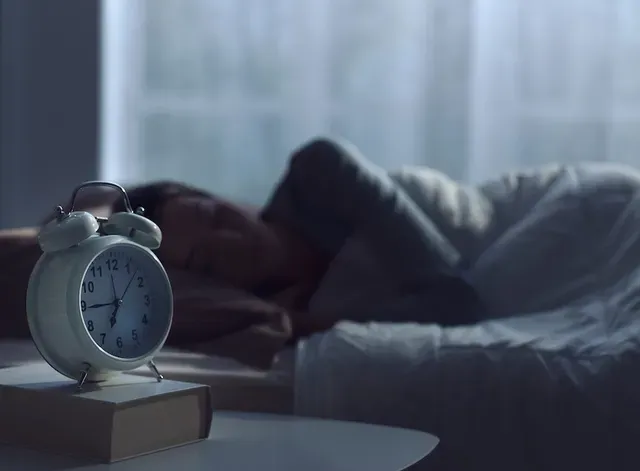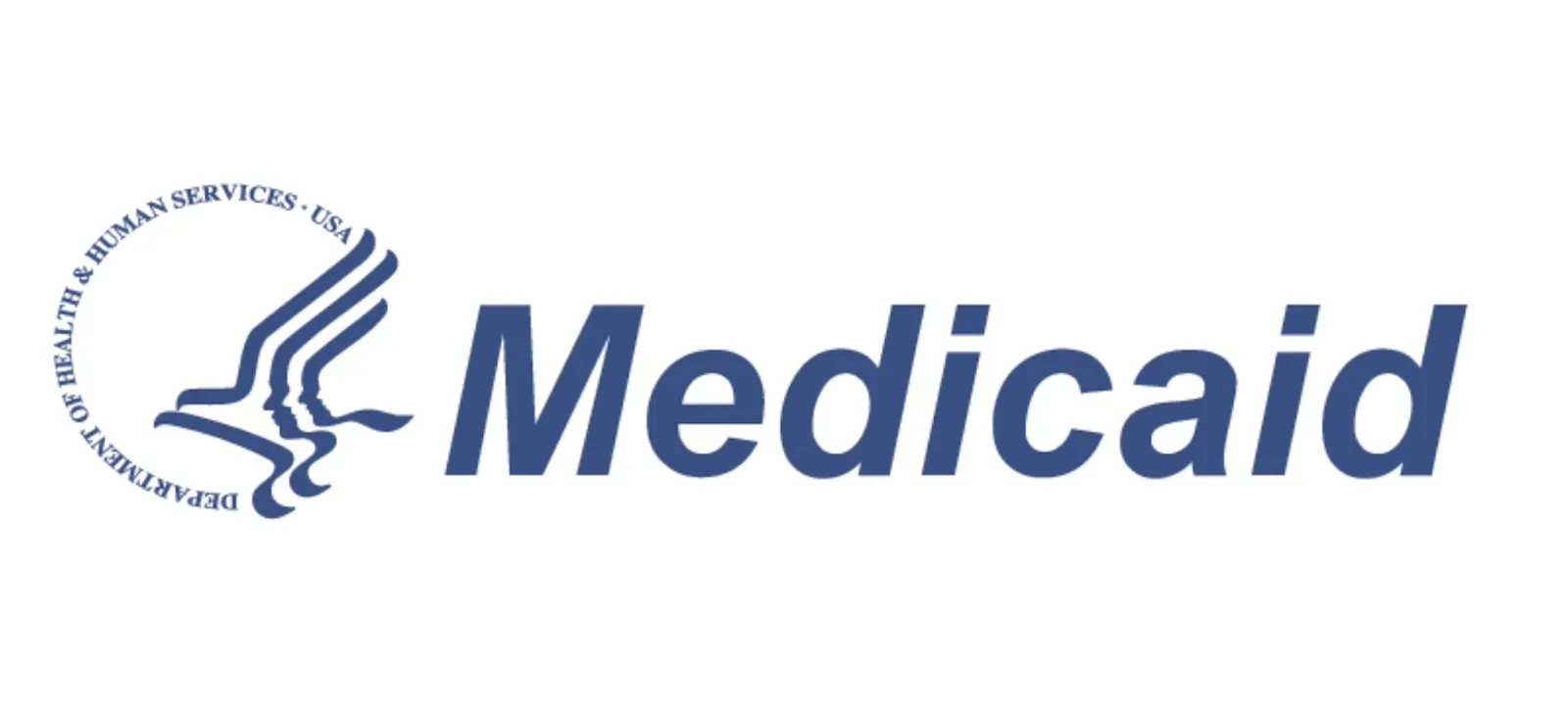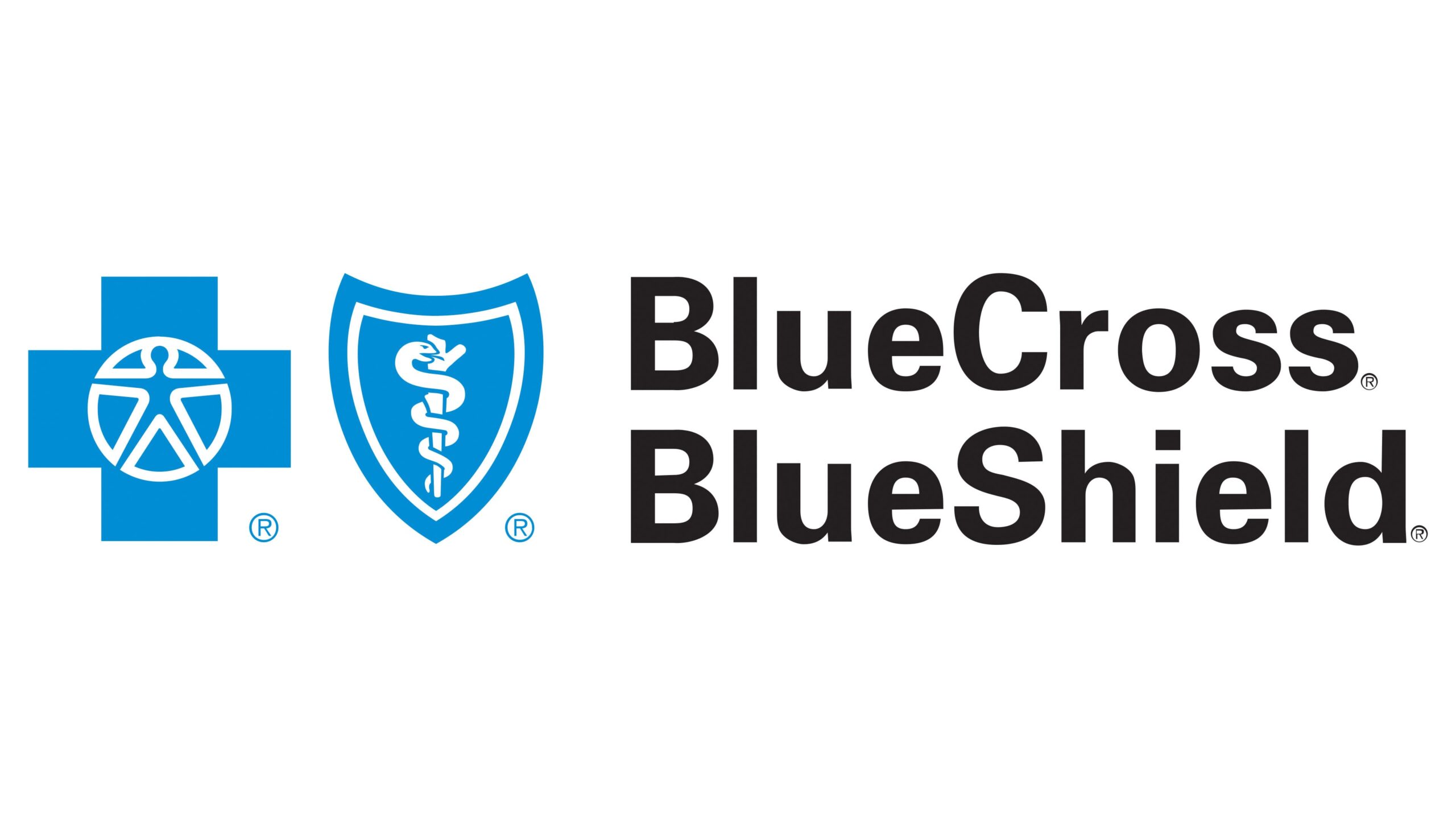-
Covered By Insurance.
-
We accept Medicaid and Medicare
-
Telehealth Available
Service
Sleep Evaluation

Sleep Evaluation
Your weight-loss journey benefits greatly from getting quality sleep. At NutriHealth, our medical team takes sleep hygiene – the way you set yourself up for a good night’s sleep – seriously and Call NutriHealth Weight Loss today to set up a time to have a sleep evaluation done. Call today to set up a sleep evaluation or use the online tool to schedule an appointment.
Sleep Evaluation Q&A
How does sleep affect weight loss?
Research shows there is a connection between weight gain and obesity, and poor sleep. It’s not completely understood why sleep affects your ability to lose weight, but it may be because poor sleep increases your appetite and decreases your energy levels.
Two neurotransmitters control your appetite, known as ghrelin and leptin. Ghrelin promotes hunger, and leptin makes you feel full. A lack of sleep increases your release of ghrelin.
Extra time spent awake also means you have more opportunities to eat. And, if you’re tired, it’s much harder to motivate yourself to exercise. Even if you get in a walk or workout, your energy level can be far below your potential.
What do you look for during a sleep evaluation?
The team at NutriHealth Weight Loss wants to know if problems with sleep are standing in the way of your ability to lose weight. The team especially wants to know if you have symptoms of a condition known as sleep apnea. Sleep apnea can seriously slow down or even prevent weight loss.
If you score high on the initial sleep evaluation, your provider sets you up to have a sleep study that’s part of the NutriHealth Weight Loss comprehensive treatment plan.
What is sleep apnea?
Sleep apnea describes a sleep disorder characterized by repeated stops and starts in your breathing during the night. Signs of sleep apnea include loud snoring and feeling tired even after a full night’s sleep. This condition often accompanies weight gain. The most common signs and symptoms of obstructive and central sleep apneas include:
- Loud snoring
- Episodes in which you stop breathing during sleep, as reported by another person
- Gasping for air during sleep
- Awakening with a dry mouth
- Morning headache
- Difficulty staying asleep (insomnia)
- Excessive daytime sleepiness (hypersomnia)
- Difficulty paying attention while awake
- Irritability
Sleep apnea can be treated with a continuous positive airway pressure (CPAP) machine that you wear at night to keep your throat open and prevent lapses in breathing. Oral appliances can also help ease the symptoms of sleep apnea.
Call NutriHealth Weight Loss today to set up a time to have a sleep evaluation done and learn how you can improve your sleep habits to optimize weight loss. Alternatively, use this website to schedule your appointment.
Weight Loss Services
Medications Available Through Telehealth. Weight Loss Services are Covered by All Major Insurances, Including Medicare and Medicaid.
Weight Loss Success Stories
DON’T JUST TAKE OUR WORD FOR IT – HEAR IT FROM OUR CLIENTS!
Did you Know Your Weight Loss Journey Is Covered By Most Insurances?

















